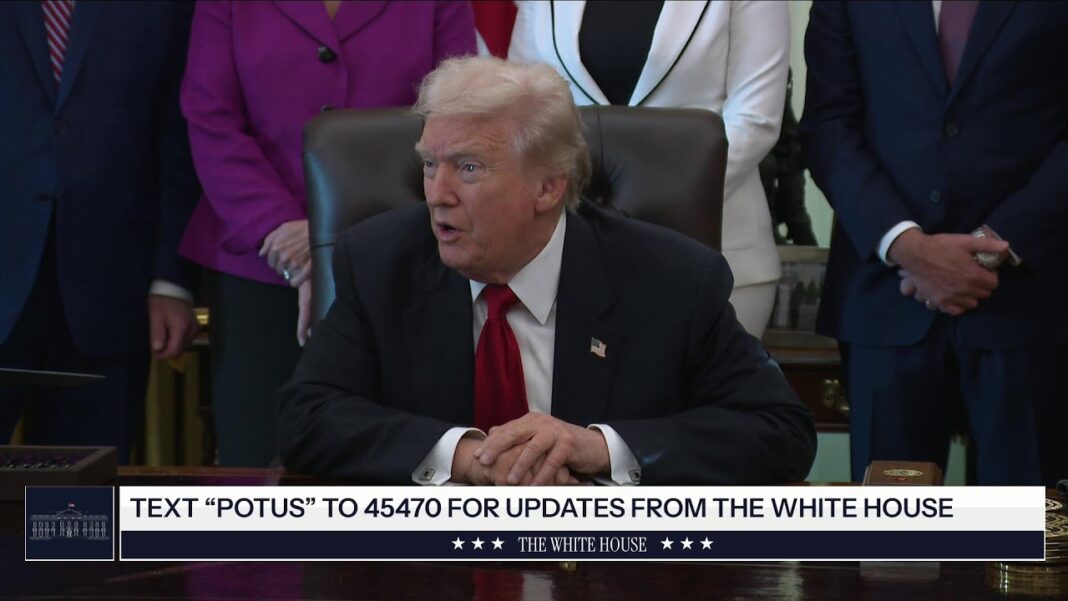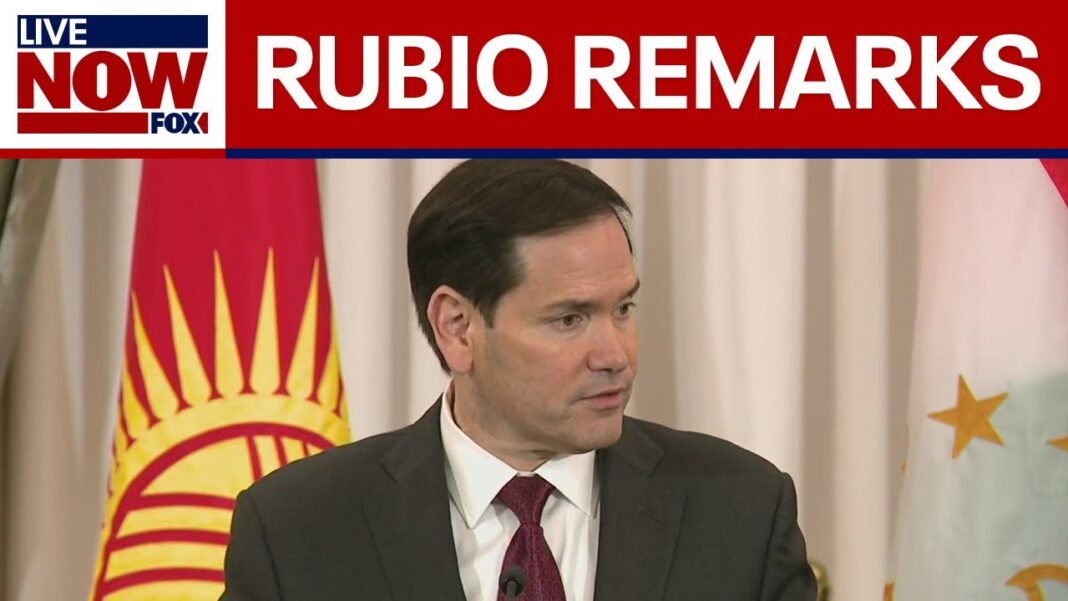The One Big Beautiful Bill Act updated the tax code with bigger deductions and new credits to help reduce your overall tax burden.
The One Big Beautiful Bill Act (OBBB), passed in July, made several changes to the tax code. The two that have received the most media attention are “no tax on tips” and “no tax on overtime” provisions.
Although these are momentous for many taxpayers, the OBBB contains other provisions that are helpful to many Americans. These money-saving updates got less publicity but may significantly reduce your tax bill.
Here are seven changes to the tax code that might make you celebrate when it comes time to file your taxes, from standard deduction increases, to tax brackets, to extra tax deductions for seniors.
| Standard Deduction Increases |
| Higher Child Tax Credit |
| Estate and Gift Tax Exemption |
| TCJA Tax Rates Made Permanent |
| Above-the-Line Charitable Donations |
| Tax Deduction for Car Loan Interest |
| Tax Deduction for Seniors |
Standard Deduction Increases
Most taxpayers don’t have enough to itemize, so they take the standard deduction, which is subtracted from the adjusted gross income (AGI), to determine taxable income.
According to the IRS, the standard deduction for 2024 was $14,600 for single filers and $29,200 for married couples filing jointly or a qualifying surviving spouse.
The OBBB increased those deductions for 2025. The 2025 standard deduction is $15,750 for single filers and $31,500 for married filers who file jointly. Head of households’ standard deduction is $23,625.
Also, according to the IRS, in 2026, the standard deduction is higher, at $16,100 for single taxpayers and $32,200 for married couples filing jointly. For heads of households, it will be $24,150.
Higher Child Tax Credit
The child tax credit and non-child dependent tax credit were $1,000 prior to the 2017 Tax Cuts and Jobs Act (TCJA), which increased the credit to $2,000.
That higher credit was set to sunset and revert to $1,000 on Dec. 31, 2025.
But the OBBB kept the tax credit and raised it to $2,200 per qualifying child starting in tax year 2025 and beyond. Starting in 2026, it will be indexed annually for inflation. The full credit has an income threshold of $200,000.
Estate and Gift Tax Exemption
The amount that an individual can transfer to his or her heirs tax-free when they die is called the estate and gift tax exemption.
The OBBB has changed estate and gift tax exemption rules, increasing the exemption to $15 million per individual and $30 million per married couple, and making the change permanent. Estates below this amount avoid federal estate tax.
That’s up from the previous limits, which were $13.99 million and $27.98 million.
By Anne Johnson








